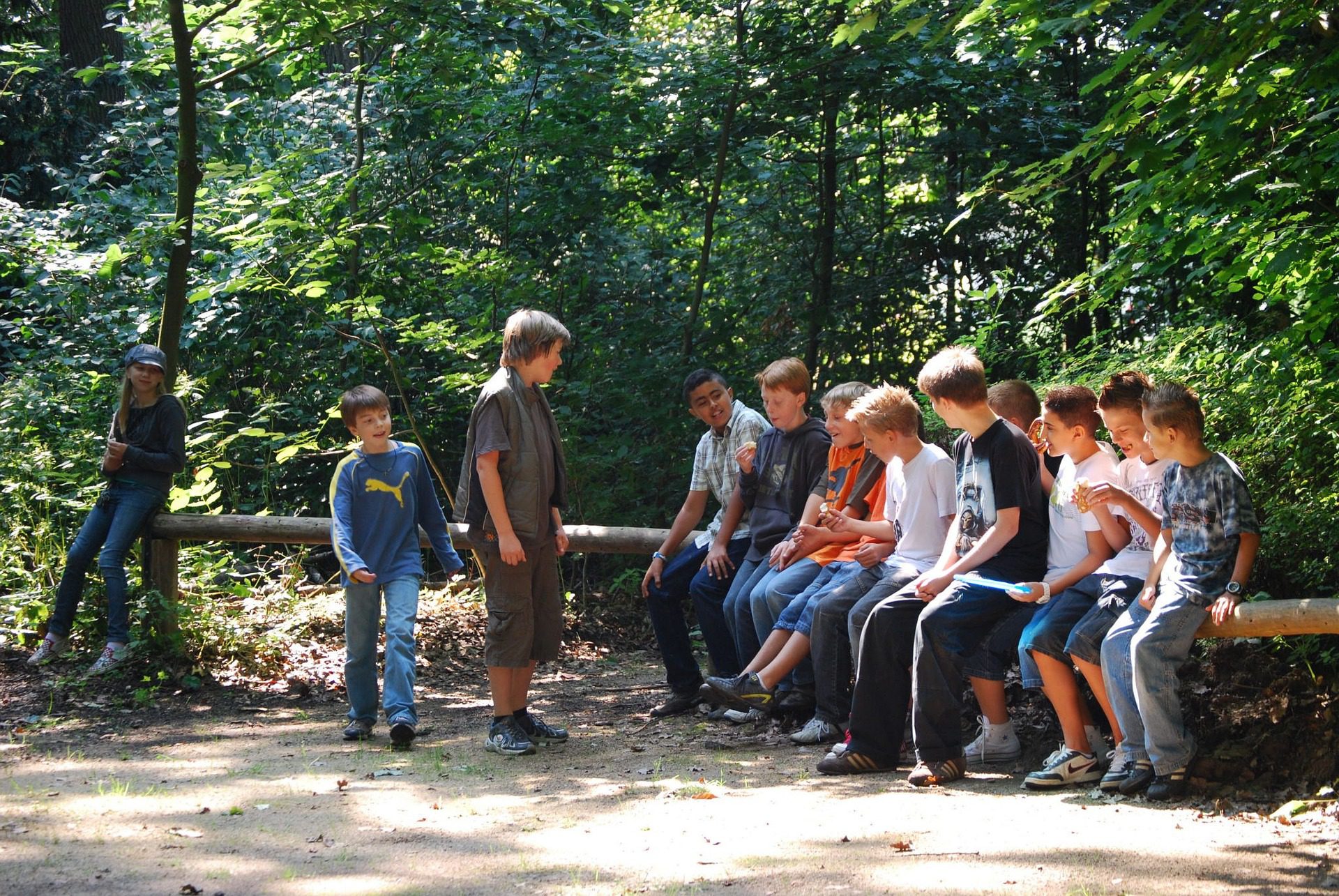By Jenny Rea, Ph.D
Examples of adverse outcomes in military youth:
- distress (e.g., extreme anxiety);
- mental health diagnoses (e.g., depression);
- substance use (e.g., tobacco, alcohol, etc.) and;
- poor academic achievement (e.g., lower grade point age (GPA); Sullivan et al., 2021).
Risk and Resilient (Protective) Factors – A Balancing Act
According to Froma Walsh’s Family Resilience Framework, risk factors are defined as conditions that increase the likelihood of an adverse outcome, whereas protective (or resilient) factors decrease this likelihood (Fergus & Zimmerman, 2005).
In order for families to maintain or adapt to a new level of functioning in response to adversity, resilience must be “a balance of risk and protective factors” (Sullivan et al., 2021). Walsh writes of family resilience in this way: “By definition, it focuses on strengths under stress…in overcoming adversity” (Walsh, 2003, p. 5).
Risk Factors
Various studies have found a number of risk factors that have been linked to adverse outcomes for military-connected youth. Deployments, especially cumulative deployment experiences, have been associated with increased depressive symptoms, suicidal ideation, substance use, and lowered academic engagement and achievement (Sullivan et al., 2021).
Military-connected youth have also reported emotional challenges during reintegration; indicating this as a stressful period characterized by worry (Esposito-Smythers et al., 2011). Family moves (PCSing) and related school changes have been related to poor academic and mental health outcomes among youth (Bradshaw, Sudhinaraset, Mmari, Blum, & Hopkins, 2010).
Protective or Resilient Factors
Although less studied, evidence suggests that there are a number of protective or resilient factors that reduce the likelihood of adverse outcomes among military-connected youth. One of the most significant factors associated with healthy functioning in military families is social support (Cederbaum, Wilcox, Sullivan, Lucas, & Schuyler, 2017). Access to formal and informal support appears to be linked with fewer negative outcomes (Chandra et al., 2010).
Military-connected youth who have indicated a stronger connection to their community and have perceived more support from these connections are less likely to experience adverse outcomes (Sullivan et al., 2021). Family cohesion or closeness and healthy marital and parenting relationships are also protective or resilient factors for youth.
Despite the various challenges and adversities that military families experience, many appear to fare well. This suggests that the resilience processes (e.g., stronger family relationships/communication) these families engage in may be affecting youth’s outcomes (e.g., academic achievement; Cozza et al., 2014).
That said, further research is needed to understand the unique combination of risk and resilient factors experienced by these youth and what additional resilient factors may help prevent adverse outcomes in the military community.
Call to Action
- Involve families when assisting youth with mental health challenges. Resilient factors, such as stronger family cohesion, extended social networks, and better marital functioning, may protect against mental health issues (risk factors).
- One way to increase family cohesion among military families is to help them build upon their current strengths and grow stronger resilient skills. Sharing such resources with military families can go a long way!
- Identify military families with military-connected youth experiencing higher risks (e.g., more deployments, frequent relocations) and promote family well-being through greater support.
- For example, set up a group messaging system, such as Signal, with military families where you can share resources, tips, and strategies or generally provide an informal way for families to communicate with you.
Want to learn more? Check out these OneOp Resources:
Podcast – Child & Youth Programs Embed 7 C’s of Resiliency by Laura Groenweb & Mel Johnson
Blog post – Moving from Resilience to Thriving: Supporting Military-Connected Youth and Families by Karen Beranek, adapted by Karen Shirer
Blog post – The Highly Mobile, but Very Resilient: Identifying and Addressing School-and Transition-Related Needs Of Military Youth by Jennifer Rea
References
Bradshaw, C. P., Sudhinaraset, M., Mmari, K., & Blum, R. W. (2010). School transitions among military adolescents: A qualitative study of stress and coping. School Psychology Review, 39(1), 84-105.
Cederbaum, J. A., Wilcox, S. L., Sullivan, K., Lucas, C., & Schuyler, A. (2017). The influence of social support on dyadic functioning and mental health among military personnel during post-deployment reintegration. Public Health Reports, 132(1), 85-92.
Chandra, A., Lara-Cinisomo, S., Jaycox, L. H., Tanielian, T., Burns, R. M., Ruder, T., & Han, B. (2010). Children on the homefront: The experience of children from military families. Pediatrics, 125(1), 16-25.
Cozza, S. J., Lerner, R. M., & Haskins, R. (2014). Military and veteran families and children: policies and programs for health maintenance and positive development. Social Policy Report, 28(3).
Esposito-Smythers, C., Spirito, A., Kahler, C. W., Hunt, J., & Monti, P. (2011). Treatment of co-occurring substance abuse and suicidality among adolescents: A randomized trial. Journal of consulting and clinical psychology, 79(6), 728.
Fergus, S., & Zimmerman, M. A. (2005). Adolescent resilience: A framework for understanding healthy development in the face of risk. Annual Review of Public Health, 26, 399-419.
Sullivan, K. S., Hawkins, S. A., Gilreath, T. D., & Castro, C. A. (2021). Mental health outcomes associated with risk and resilience among military‐connected youth. Family process, 60(2), 507-522.
Walsh, F. (2003). Family resilience: A framework for clinical practice. Family process, 42(1), 1-18.
Author’s Bio
 Jenny Rea, Ph.D., is a military spouse and mom of four kiddos under six years. Jenny consults with OneOp and is an Assistant Professor of Practice in the Department of Human Services and Director of the Certificate in Military Families at the University of Arizona.
Jenny Rea, Ph.D., is a military spouse and mom of four kiddos under six years. Jenny consults with OneOp and is an Assistant Professor of Practice in the Department of Human Services and Director of the Certificate in Military Families at the University of Arizona.
Photo source: Pixabay















